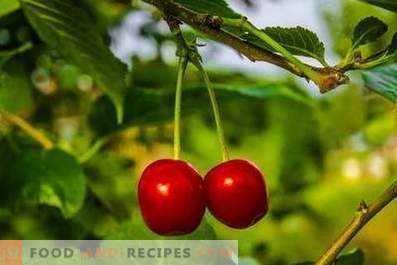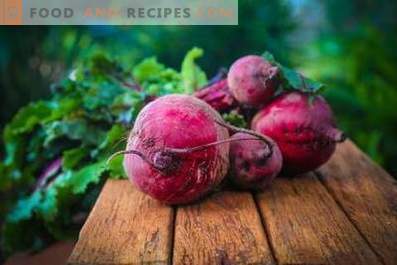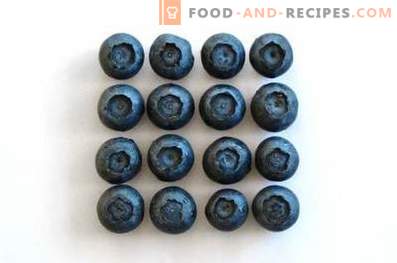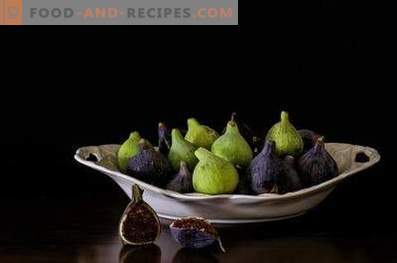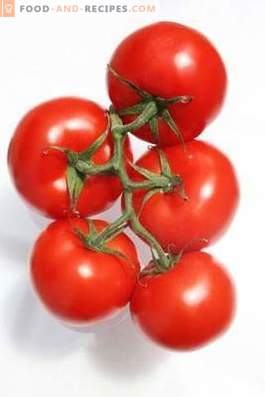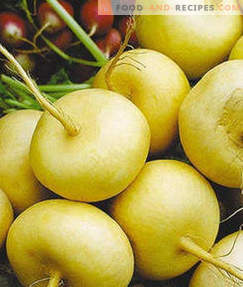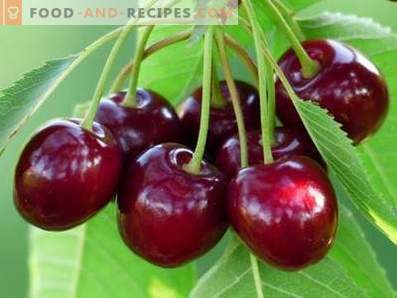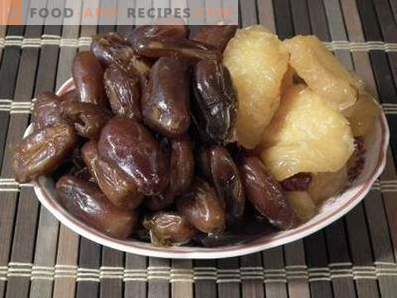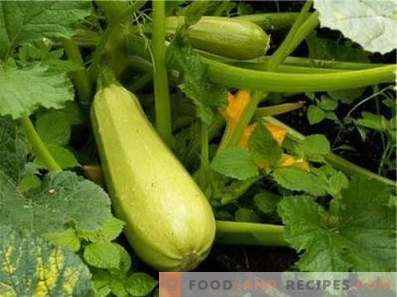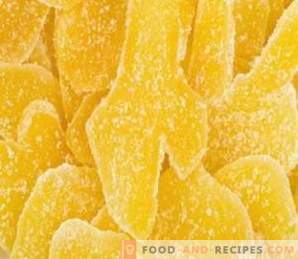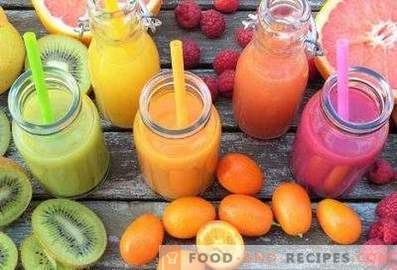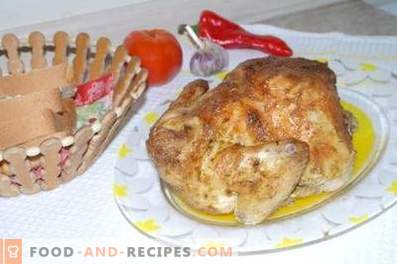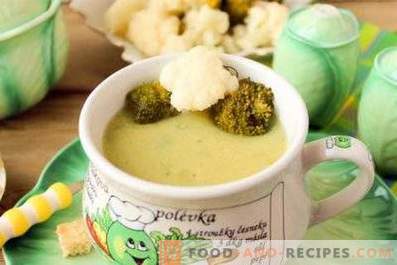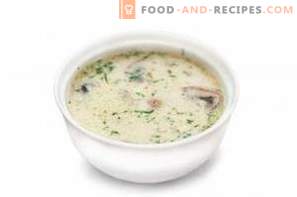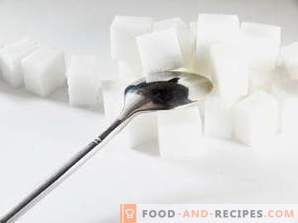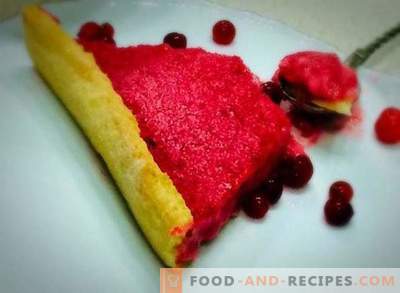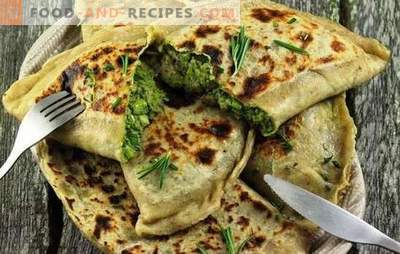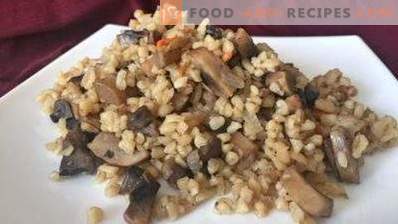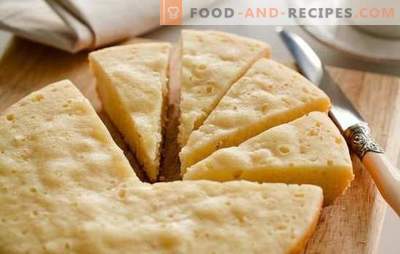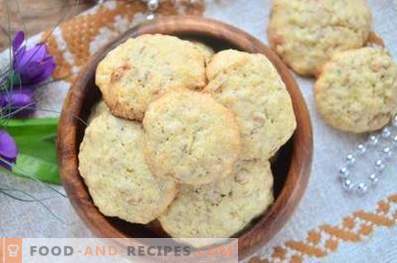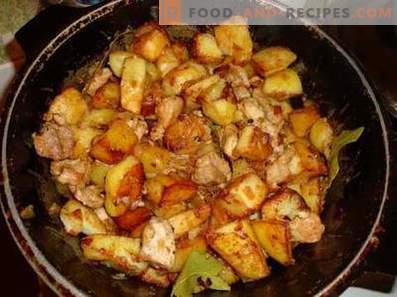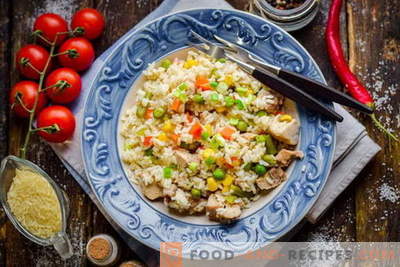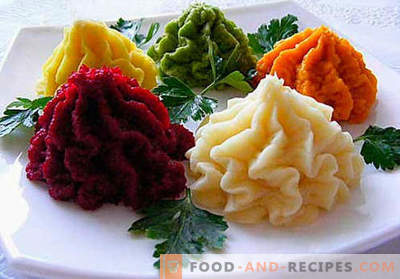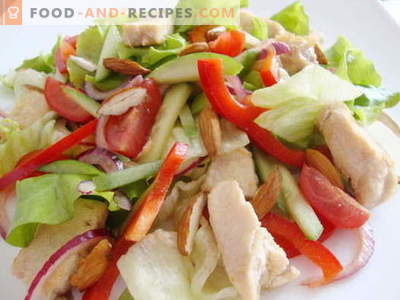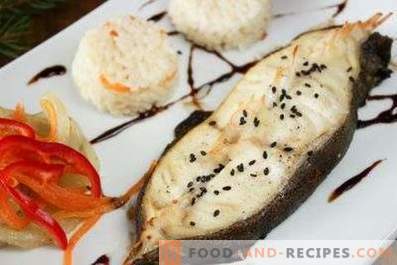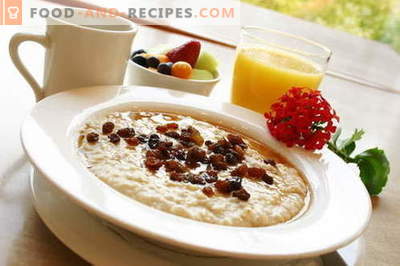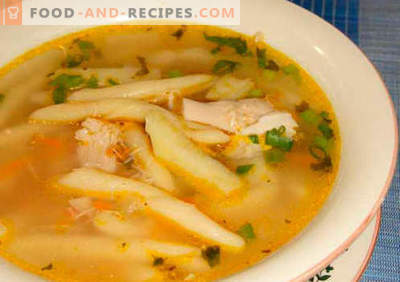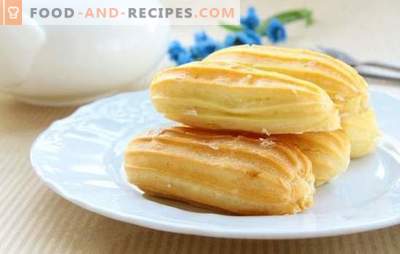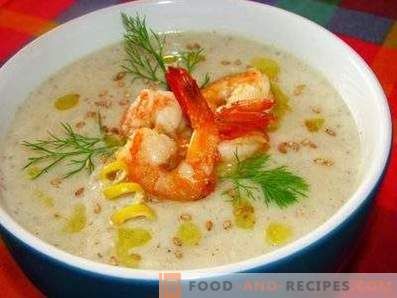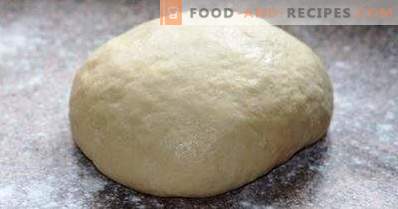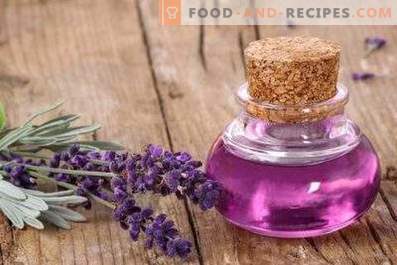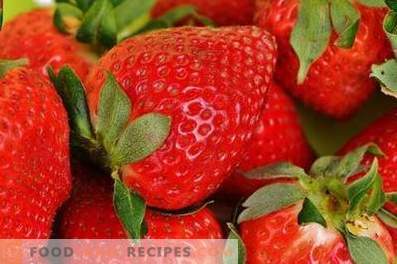
Strawberry is a widespread herbaceous plant belonging to the family of pink (strawberry type). Representatives of this species have an erect stem from 13 to 45 cm long, collected in the rosette trifoliate bluish-green leaves on long petioles, creeping shoots (“antennae”) and a thick rhizome of brown color. The leaf blades of the plant have an ovoid or rhombic or oval shape and a wide toothed border. The thyroidal inflorescence of a culture consists of 5–12 large white flowers. The fruit of strawberry is a polyunus of spherical or ovoid shape, which is formed from an expanded receptacle. At full maturity, the berries acquire a cherry-red color and a pleasant aroma.
According to scientists, the direct “ancestor” of strawberries is wild strawberry. A new representative of the genus appeared when the specified species was adapted to unexpectedly changed habitat conditions. Researchers believe that wild strawberry originally formed a double set of chromosome subspecies, which later crossed again with the original species. The result of re-crossing was the emergence of a new representative of the genus - strawberries.
The first attempts to domesticate strawberries were undertaken in ancient Greece 150 years before the beginning of our era. However, the active work on the cultivation of this culture began in Europe much later - in the XV century. At the beginning of the XVIII century, breeders began to produce strawberry varieties capable of adapting to the capricious climatic conditions, producing a rich and beautiful crop. To date, there are hundreds of varieties of this plant, differing in their predisposition to soil types, frost resistance, size, color and taste of berries. Strawberry is a valuable food product that is actively used in the confectionery industry (in the preparation of jams, jellies, mousses, juices, syrups, mashed potatoes and other desserts). The extract of the berries of this plant is used in cosmetology for the manufacture of gels and foams for washing, soap, creams and other hygiene and caring means. Along with this, strawberry juice and pulp are used in alternative medicine as an effective means to combat a wide range of diseases.
Nutritional value of strawberries and vitamins in its composition
Strawberries are a rich source of compounds necessary for the normal and uninterrupted functioning of the internal organs and systems of the human body (dietary fiber, sugars, organic acids, etc.). The pulp of the berries of this plant contains a whole complex of vitamin substances - beta-carotene, vitamins of group B, PP, E, biotin, ascorbic acid, etc.
Nutritional value 100 g strawberry:
- 7, 47 g of carbohydrates;
- 0.78 g of proteins;
- 0, 37 g of fat;
- 2, 18 g of dietary fiber (fiber);
- 0, 37 g of ash;
- 7, 38 g disaccharides and monosaccharides;
- 87, 33 g of water;
- 1, 28 g of organic acids;
- 0, 09 g of starch.
Vitamins per 100 g of strawberries:
- 0, 469 mg of vitamin E;
- 0, 026 mg of thiamine (B1);
- 0, 029 mg of beta-carotene;
- 0, 283 mg of vitamin PP;
- 3, 989 μg of biotin (H);
- 0.057 mg pyridoxine (B6);
- 4, 897 mcg of vitamin A;
- 0, 387 mg of niacin equivalent;
- 0, 044 mg of riboflavin (B2);
- 59, 878 mg of ascorbic acid;
- 19,964 μg of folic acid (B9);
- 0, 296 mg of pantothenic acid (B5).
Energy value of strawberry
Strawberry is a product with a relatively low energy value. Juicy and fragrant berries of this plant are often included in the menu of dietary regimes aimed at combating overweight.
- Calories 100 grams of fresh or frozen strawberries - 40, 86 kcal.
- The energy value of one medium-sized berry (7 g) is 2, 86 kcal.
- Caloric content of strawberry juice - 30, 79 kcal.
- Calorie strawberry puree - 59, 06 kcal.
- Caloric content of strawberry syrup - 153, 67 kcal.
- Caloric content of strawberry compote - 72, 54 kcal.
- Calories of canned strawberries - 91, 73 kcal.
- Calorie strawberry jam - 271, 32 kcal.
Strawberry jams, syrups and other dishes made from berries with added sugar are not among the dietary products and, if consumed in large quantities, can provoke obesity.
Macro and trace elements in the composition of strawberries
Strawberries are a source of vital minerals for humans. Regular consumption of its berries allows you to effectively replenish stocks of micro and macronutrients in the body.
Macroelements consisting of 100 g of strawberries:
- 38, 94 mg of calcium (Ca);
- 160, 99 mg of potassium (K);
- 16.94 mg of magnesium (Mg);
- 12, 14 mg of sulfur (S);
- 16, 64 mg of sodium (Na);
- 14, 81 mg of chlorine (Cl).
Trace elements consisting of 100 g of strawberries:
- 1, 97 μg of chromium (Cr);
- 0, 98 μg of iodine (I);
- 1, 19 mg of iron (Fe);
- 124, 94 μg of copper (Cu);
- 0.096 mg of zinc (Zn);
- 0, 19 mg of manganese (Mn);
- 184, 89 μg of boron (B);
- 9, 94 μg of molybdenum (Mo);
- 8, 97 mcg of vanadium (V);
- 17, 74 μg of fluorine (F);
- 3, 91 μg cobalt (Co);
- 1, 96 μg of nickel (Ni).
Useful properties of strawberries
- Well-ripened strawberries are a product that strengthens the heart muscle, giving elasticity and strength to the walls of blood vessels. The daily consumption of berries of this plant helps to reduce the likelihood of strokes, heart attacks and other cardiac diseases.
- Strawberry is recognized as the most powerful aphrodisiac - that is, a product that strengthens and stimulates sexual desire.
- It has been proven that the daily inclusion of the fruits of this plant in the diet helps to strengthen the immune system, increase the body's resistance to infections, and speed up recovery after serious diseases and stress.
- Strawberry juice and other dishes from the berries of this plant stimulate the nervous system and eliminate failures that occur in it. The substances contained in them weaken the negative effect of stressful situations on the body, help to cope with depressive states and avoid sudden mood swings. Along with this, strawberry juice is a great remedy for insomnia.
- Strawberries have a positive effect on the work of the digestive tract, accelerates intestinal motility. In folk medicine, the berries of this plant have long been used as an effective remedy for constipation.
- Useful compounds present in the pulp of berries, accelerate the course of metabolic processes.
- Regular consumption of freshly squeezed strawberry juice with pulp or fresh berries accelerates the excretion of toxins, excess cholesterol, toxins and other poisons.
- The composition of the strawberry includes substances with powerful anti-inflammatory and antiseptic action. The juicy and sweet fruits of this plant bring invaluable benefits to people suffering from inflammatory diseases of the digestive tract. In folk medicine, strawberry decoction is used for rinsing the mouth during ulcerative stomatitis and other dental pathologies characterized by inflammatory lesions of soft tissues.
- Strawberries and dishes prepared from it have a positive effect on the state and functioning of the visual apparatus. Vitamins, beneficial micro and macro elements that make up berries, reduce eye pressure, help to improve eyesight and prevent the development of a number of ophthalmic diseases.
- Research findings have shown that strawberry juice has antitumor properties. Consumption of meals and drinks prepared on its basis helps reduce the risk of cancer.
- It has been proven that strawberries have a beneficial effect on blood formation processes. For the prevention of anemia, it is enough to eat a handful of fresh fruits of this plant every day or drink half a glass of strawberry juice.
- Useful compounds present in the composition of berries contribute to lowering blood pressure. In folk medicine, the fruits of the plant are used as an effective remedy for hypertension. It is worth noting that this method of therapy is used only in cases where the patient does not undergo a course of drug treatment with the use of drugs that reduce pressure (the simultaneous consumption of strawberry juice and taking drugs for hypertension can trigger the development of serious kidney problems).
- Strawberry is an effective diuretic. Regular inclusion in the diet of the fruits of this plant helps to reduce the unpleasant symptoms of diseases of the urinary system.
- Freshly squeezed strawberry juice is considered an effective and completely safe remedy for gallstone disease.
- Useful compounds present in the pulp of the berries slow down the aging of the body, improve the appearance of the skin, prevent the appearance of early wrinkles. Regular consumption of strawberry juice helps to maintain an excellent memory until old age.
- Cosmetic properties of strawberries are widely known. Masks, prepared on the basis of these berries, reduce the activity of sweat glands and narrow enlarged pores, help fight acne. With the help of freshly pressed strawberry juice you can effectively and quickly get rid of age spots on the skin and freckles. In folk medicine, the pulp of the berries is used to whiten teeth.
Contraindications to eating strawberries for food
- Strawberry is a potential allergen. That is why persons prone to the development of allergic reactions, should be wary of the inclusion in the diet of this product and prepared on the basis of its dishes. The appearance of any signs that can suspect the development of an allergic reaction (unusual rash, runny nose, vomiting, excessive sweating, pain and discomfort in the abdomen, etc.) should be the basis for the complete rejection of the consumption of berries.
- Eating strawberry dishes is a common cause of allergic reactions in newborns and infants. For this reason, nutritionists and pediatricians do not recommend using strawberry puree and juice as artificial feeding for children younger than a year.
- Strawberries are contraindicated for those who are forced to take medication for hypertension. In combination with drugs that reduce blood pressure, these berries can adversely affect the work of the kidneys.
- Small fruit seeds and organic acids present in their composition can irritate the GIT epithelium. For this reason, the use of this product should be abandoned to persons suffering from gastritis, duodenal ulcers or stomach ulcers, gastroduodenitis.
- It is noticed that strawberry juice increases the manifestations of gouty pain syndrome. The specified drink is contraindicated for people suffering from diseases of the joints.
- Strawberries have tonic properties and can lead to the development of hypertonicity of the uterus, as well as to premature birth in pregnant women.



